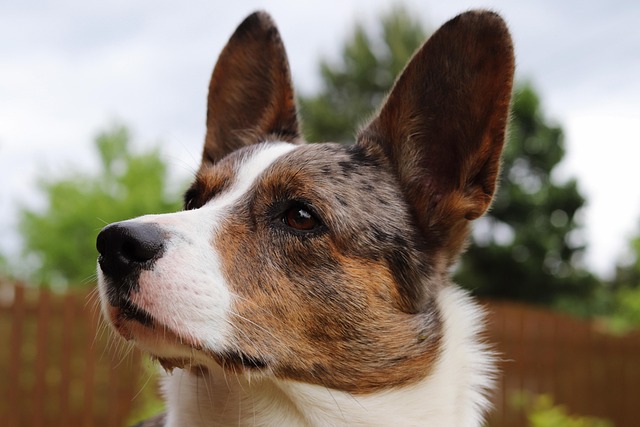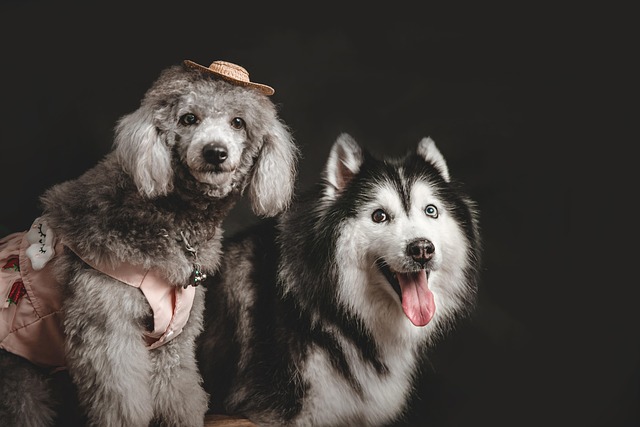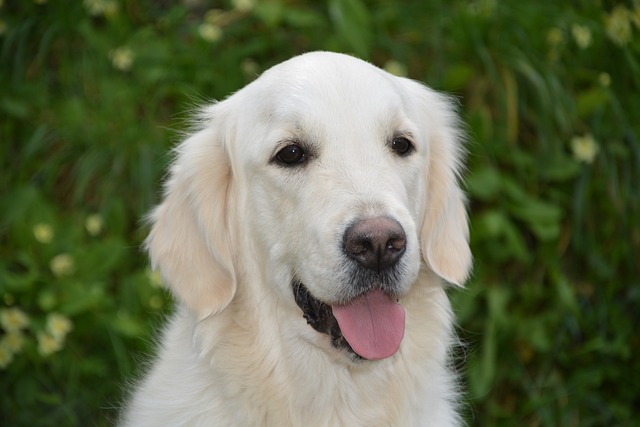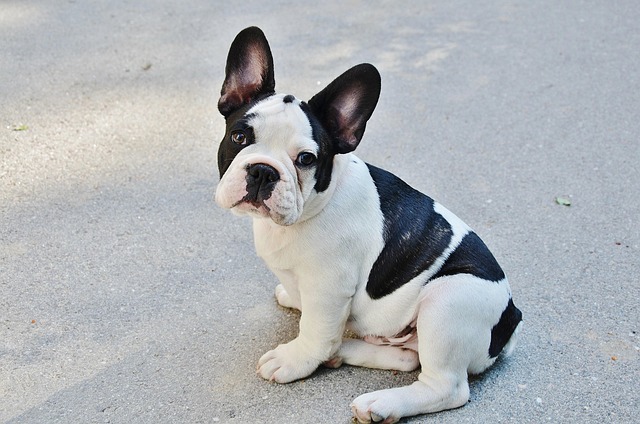
How to discipline a dog for being naughty?
Dogs act out for reasons—boredom, fear, or just not understanding the rules. When your pup chews your favorite shoes or darts through an open door, reacting in the moment matters more than yelling later.
Nothing stings a new dog parent quite like the third time you step in a puddle on the kitchen floor—especially when you swear you just took them outside 20 minutes ago. Potty training can feel like a mysterious puzzle, with every pup seeming to march to their own bathroom schedule. That’s why so many first-timers wonder: which dog is easiest to potty train? The truth is, while no breed is perfect, some have traits that make the process smoother.
Breeds with a knack for reading human cues often lead the pack. Papillons, for example, are tiny but sharp—their eagerness to lock eyes with you means they’ll quickly link your “let’s go out” tone to bathroom time. Then there are Border Terriers: their terrier stubbornness fades when it comes to routines, and many owners note they “get it” within a month, especially with a consistent morning walk. Even Shih Tzus, known for their laid-back vibe, respond well to positive vibes—they’d rather please you than have an accident indoors.
The science here is simple: dogs thrive on predictability and rewards. Behavioral studies show that animals learn fastest when good actions (going outside) are paired with something pleasant (a favorite treat, a round of “good girl!”). That’s why scolding? Big mistake. Yelling can make them hide accidents instead of learning—hardly helpful. Instead, try this: carry a small bag of training treats on walks. The second they finish outside, pop one in their mouth and gush over them. It’s not coddling; it’s building a habit they’ll want to repeat.
 Practical steps matter just as much. Start by setting a schedule that matches their tiny bladders: right after meals, naps, and playtime are non-negotiable. Keep an eye out for the “tells”: sniffing the baseboards like they’re searching for treasure, circling a spot, or sudden stillness. When you see these, scoop them up (calmly!) and head out—no rushing, or they might get stressed. If you live in an apartment, a small patch of artificial grass by the door can be a lifesaver on rainy days, but treat it like the “outside” spot—same rewards, same praise.
Practical steps matter just as much. Start by setting a schedule that matches their tiny bladders: right after meals, naps, and playtime are non-negotiable. Keep an eye out for the “tells”: sniffing the baseboards like they’re searching for treasure, circling a spot, or sudden stillness. When you see these, scoop them up (calmly!) and head out—no rushing, or they might get stressed. If you live in an apartment, a small patch of artificial grass by the door can be a lifesaver on rainy days, but treat it like the “outside” spot—same rewards, same praise.
Don’t forget the rules of the road, too. Most cities require pups to be fully vaccinated before hitting public parks—no exceptions, to protect everyone’s furry friends. And always, always pack poop bags. It’s not just polite; in many neighborhoods, leaving waste behind can net you a fine. If you’re in a busy area, keep them on a short leash during potty breaks—distractions (like a squirrel!) can derail even the best-trained pup.
At the end of the day, every dog is an individual. A “easy” breed might have a off week during teething, and a “tough” one might surprise you with a streak of perfect days. What matters most is staying patient, keeping the mood positive, and remembering: this phase won’t last forever. Before you know it, you’ll be the one giving new owners tips—smiling as your pup waits politely by the door, ready for their walk.

Dogs act out for reasons—boredom, fear, or just not understanding the rules. When your pup chews your favorite shoes or darts through an open door, reacting in the moment matters more than yelling later.

That adorable moment your new pup cocks its head when you say "Buddy" – but then promptly ignores you to sniff the neighbor’s rose bushes – is all too familiar.

That heart-stopping moment when your pup bolts after a squirrel in the local park, completely ignoring your shouts of "MAX, COME!" is every dog owner's nightmare.

Beagles are charming, scent-driven bundles of energy, but their bathroom habits can test even the most patient owner.

Watching your new furry friend tilt their head when you call, only to trot off towards that tempting squirrel in the neighborhood park instead, can feel frustrating.

Waking up to find your dog’s bed shredded, stuffing scattered across the living room floor—it’s a scenario many new pet parents know too well.